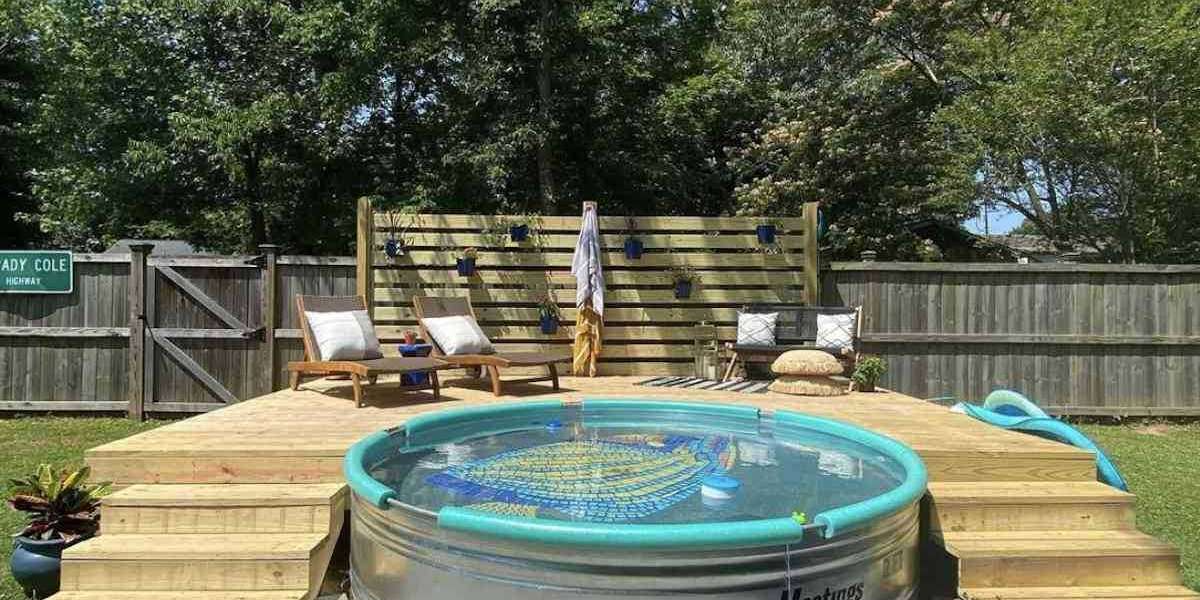Baby swimming is a fun and beneficial pastime that may benefit both infants and parents. However, it is vital to protect the safety of babies when swimming. In this post, we will discuss the benefits of infant swimming, the optimal swimming conditions for newborns, and the precautions that parents must take to guarantee their baby's safety in the water.
Is It Suitable for Baby to Swim?
Swimming may give various benefits to newborns, including the opportunity for them to have fun while simultaneously improving their physical and cognitive skills. When exposing newborns to water, it is critical to prioritize safety and take the required measures. Regular swimming may lead to increased balance, coordination, and muscle strength in newborns when compared to non-swimmers, according to research.
It is critical to recognize that newborns are not born with the ability to swim and should be introduced to water gradually and gently. Most experts recommend waiting at least six months before introducing newborns to the pool, however, some parents may want to start earlier. The American Academy of Pediatrics (AAP) suggests waiting until babies are one year old before exposing them to public pools, as they have a higher susceptibility to infections at this age.
It is critical to check with your pediatrician before beginning a baby swimming and to discuss any concerns or issues you may have. Your pediatrician may provide you with customized advice based on your baby's particular requirements and circumstances. Certain newborns may have medical issues or skin sensitivities that need specific care, therefore getting expert assistance is strongly advised.
Furthermore, parents must be informed of the possible hazards involved with newborn swimming. Water choking is a danger, and it is critical to constantly properly observe newborns while they are in or near water. Additionally, some newborns may have irritation to their skin from pool water or chlorine. Taking proper measures to maintain water cleanliness and quality, such as regular pool maintenance and following appropriate chemical balance, can help minimize these risks.
By considering these precautions, seeking professional advice, and being aware of potential risks, parents can create a safe and enjoyable swimming environment for their babies. Baby swimming can be a rewarding experience, fostering physical development, water familiarity, and bonding between parents and their little ones.
What Is the Perfect Swimming Condition for a Baby?
Once you’ve decided to introduce your baby to swimming, it’s important to create the perfect swimming environment for them. Here are some factors to consider:
Water temperature:
The best water temperature for newborns is normally between 84 and 86 degrees Fahrenheit, however, this might vary based on your baby's age and personal preferences. Furthermore, due to their tiny body size, newborns are more prone to experiencing chilly in the water. It is essential that you monitor the water temperature before placing your infant in the pool to ensure their comfort.
To achieve and maintain the desired water temperature, you may consider using a small pool heater. Before selecting one, it's essential to research various pool heat pump brands to find a reputable and high-quality option. Look for heat pump supplier that have a proven track record of performance, reliability, and safety. By using a pool heat pump, you can easily regulate the water temperature to create a comfortable and enjoyable swimming environment for your baby.
Duration of swimming sessions:
Babies should engage in swimming sessions for short durations, typically lasting no longer than 10-15 minutes. It is crucial to closely monitor your baby's energy levels and body temperature during this time. Babies can tire quickly in the water, so paying attention to signs of fatigue is essential.
Swimming aids:
A variety of swimming aids are available for babies, such as inflatable pools, floaties, and swim vests. These aids can offer valuable support, promoting your baby's comfort and confidence in the water. Nonetheless, it is imperative to use them properly and maintain constant supervision. Even when your baby is using these aids, you still need to remain vigilant and keep a watchful eye on them to ensure their safety.
Air temperature:
It’s important to maintain a comfortable air temperature around the swimming pool, especially for younger babies. Too much cold air around the pool can cause babies to feel uncomfortable or even sick.
What Should be in Attention When Baby Swims?
As a responsible parent, there are several precautions you should take into consideration. Here are some tips to keep in mind:
Always supervise your baby: It is crucial to always supervise your baby while they are in the water. Even if your baby is wearing a swimming aid, such as armband or a floatation device, accidents can happen quickly. Babies can drown in just a few inches of water, so it is essential to keep them within arm's reach at all times.
Don’t force your baby to swim: While some babies may take to swimming naturally, others may feel uncomfortable or anxious. Pay attention to their body language and cues. If your baby shows signs of distress or is not enjoying the experience, do not force them to swim. Every child is unique, and it's important to let them progress at their own pace.
Create a clean water condition: Maintaining a clean and hygienic swimming environment is vital for your baby's well-being. Pool water can contain harmful bacteria and chemicals, so it is necessary to follow proper maintenance and cleaning practices. Regularly test and balance the water chemistry, ensure proper filtration, and maintain appropriate disinfection levels.
Protect your baby from the sun: Babies have delicate and sensitive skin that can easily be damaged. Make sure your baby wears appropriate sun protection, such as a wide-brimmed hat and baby-safe sunscreen. Limit your baby's exposure to direct sunlight, especially during peak hours when the sun's rays are the strongest.
Conclusion
Swimming with your baby may be a pleasant and healthful exercise for both you and your baby. You can secure your baby's safety and help them develop essential physical and cognitive abilities by taking the necessary measures and providing the ideal swimming environment. If you're not sure whether baby swimming is suitable for your kid, talk to your pediatrician about your concerns.

 pool heat pump
pool heat pump


